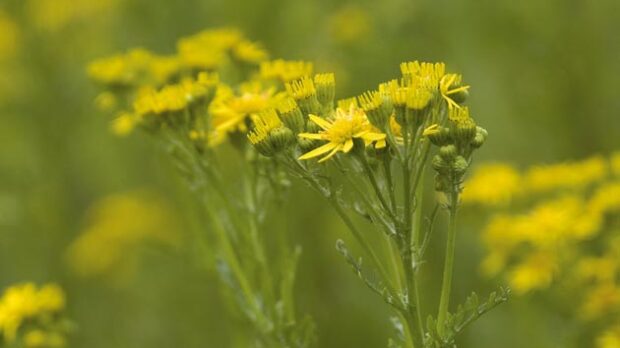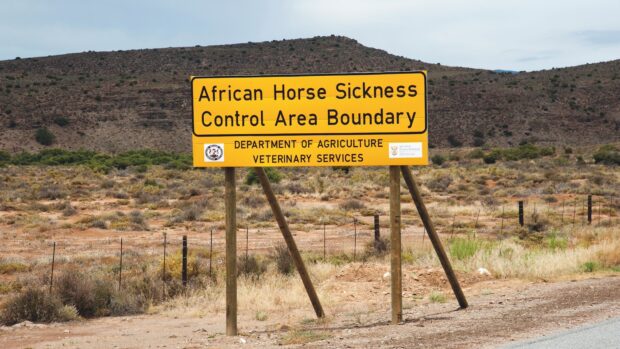Numbers of Fell ponies in the Lake District are worryingly low, but tourism may help to raise funds to boost the population, says a report for Defra written by scientist Dr David Murray.
Wild ponies migrated to the British Isles as early as 15,000 BC, and the Fell pony that exists today has remained largely unchanged since Roman times. The breed has had a colourful history, pulling sledges for the Vikings and shepherding in the Norman period.
But sadly only 400 breeding Fell females survive today, and the outlook for even these could be bleak because a lack of funding means that potential young breeders are not able to continue, according to the study.
However, Dr Murray believes that an untapped resource in the form of eco- tourism could give the breed a future. Very few visitors to the Lake District are aware of the semi- wild breed’s existence, and even fewer realise how long the ponies have been part of our heritage, he found.
Breeders currently derive no income from the horses as a tourist attraction, and Dr Murray hopes that this could change. North West rural Development service adviser Joanne Moysey agrees that the ponies could be ‘a real asset for tourism’ and may bring ‘economic and environmental benefits for the Cumbrian fells.’
The report suggests that if people were told more about the ponies then they would be more likely incorporate a trip to see them into a day out in the area, and the entrance fee could go towards breeding more Fell ponies to ensure they continue to pepper the hills.
Another benefit would be that the area might attract different kinds of people to the Lake District, which would benefit the local economy.
‘The Fell pony is an undervalued heritage asset in the Lake District, Cumbria and England. Potential roles and economic viability of Fell pony herds as a part of sustainable tourism remain unexamined,’ Dr Murray maintains.
The report says that with a view to working towards such a policy, the Cumbria Tourist Board is currently preparing a ‘Cumbria Equine Tourist Strategy,’ and The Lake District National Tourist Office and the Northumberland Tourist Board might also explore diversification strategies. Until then the ponies must continue to fend for themselves.



